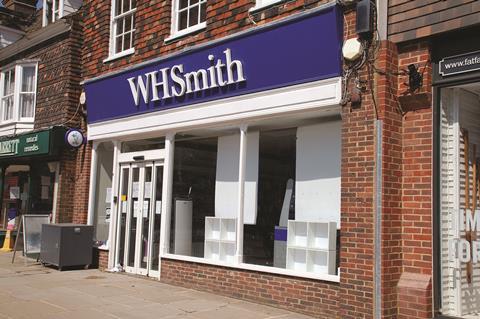Since the onset of the pandemic, landlords and tenants have been grappling with how to deal with future pandemics in new leases.

Commercial leases often contain clauses suspending payment of rent if there is damage to the property or destruction by an insured risk. However, before Covid-19, it was rare for a lease to contain a pandemic clause. These clauses typically will provide for a suspension or reduction in rent if the premises cannot be used because of a lockdown.
Tenants are keen to include pandemic clauses in new leases so that they can reduce their rental liability if they are unable to trade in a future lockdown (without having to rely upon any government intervention). Landlords, if negotiating these clauses, want clarity as to the trigger for the clause to operate, which will turn on the specific wording in each case.
There have already been decisions in 2021 offering guidance on the court’s approach to pandemic clauses in statutory lease renewal claims.
In WHSmith vs Commerz Real Investmentgesellschaft, the parties had agreed to include a pandemic clause in principle. The court determined that it would operate if a non-essential retailer was forced to close. If that occurred, the tenant would pay 50% of rent and all service charges, and it was a condition that the tenant accounted for any government support received.

In Poundland vs Toplain, the court rejected Poundland’s request for a pandemic clause, which would have reduced rent and service charges to 50% during a pandemic where any ‘use prevention measure’ was imposed by the government.
Both were county court decisions, not binding authorities, so it is likely that pandemic clauses will be debated further. Commercial considerations will be at the forefront of parties’ minds when negotiating. Time will tell whether they become the norm.
David Haines is partner and head of real estate disputes at Charles Russell Speechlys




























No comments yet